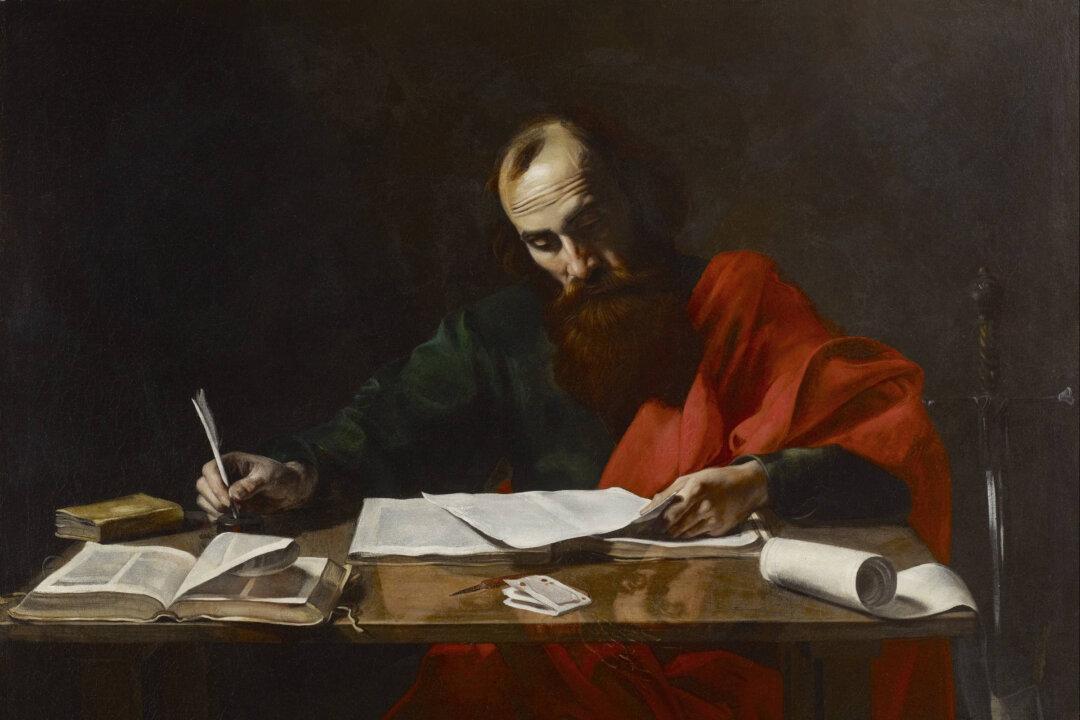For two years in the early 1990s, I taught adult basic education twice a week in a prison in Hazelwood, North Carolina. My students and I met for classes in a trailer, where, depending on their capabilities, they worked on everything from learning to read to preparing for the GED. Most of them were serving time for selling or possessing drugs, though two were murderers, and one, a young man missing teeth who should have received help in a mental institution, was a child molester.
Some of these men shared their aspirations with me: welder, carpenter, and long-distance truck driver. One guy, who often spent some class time drawing impressive pictures of cars, expressed an interest in art.






